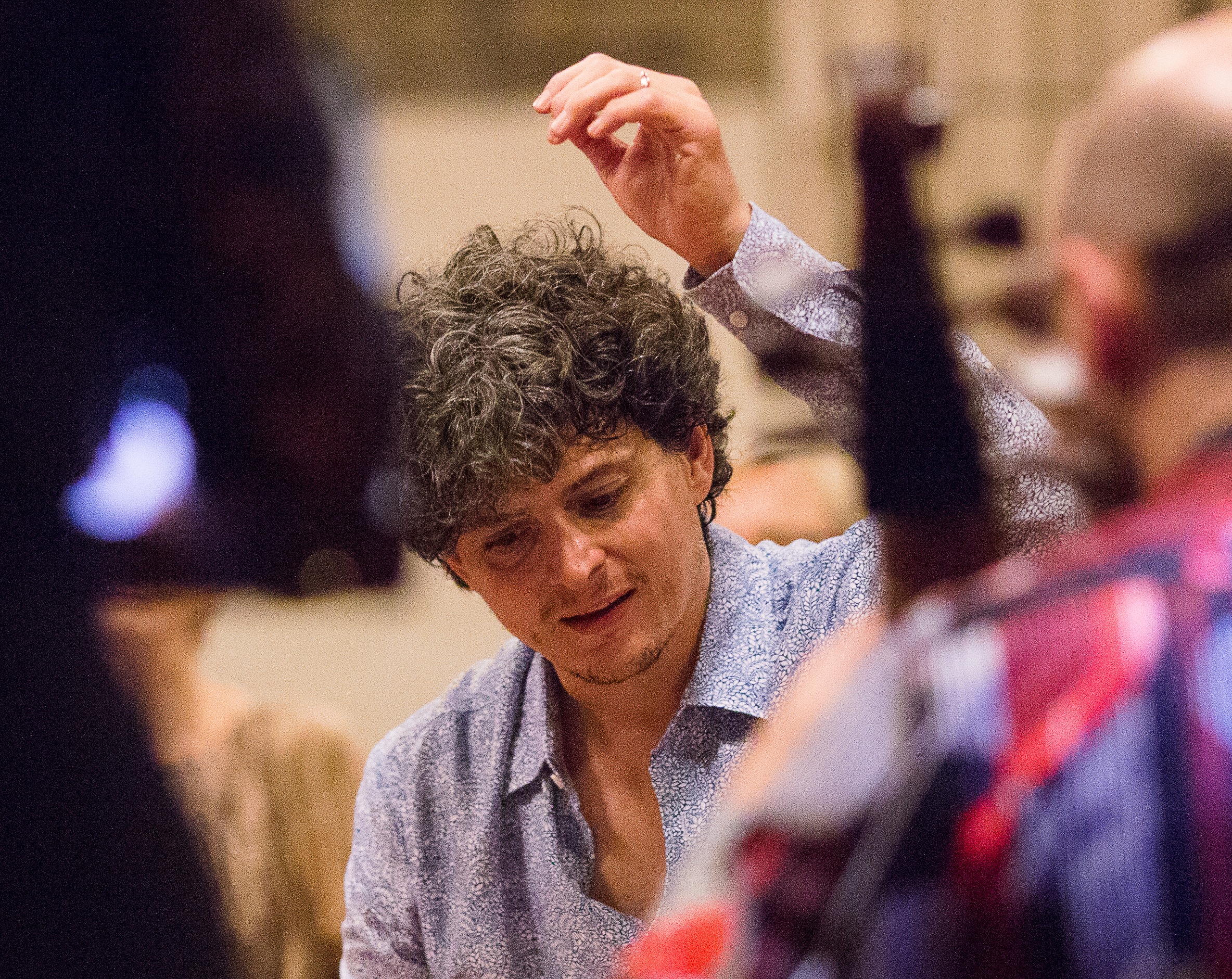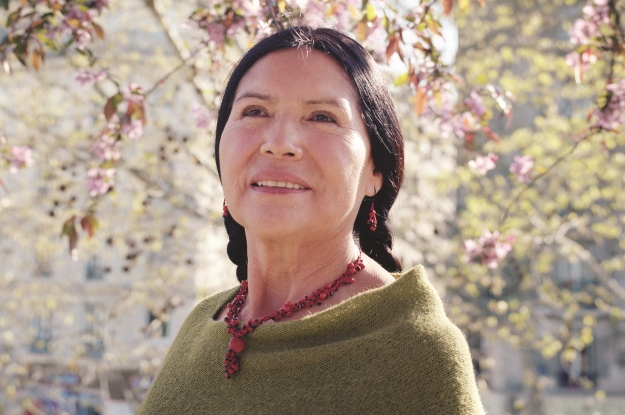Luzmila Carpio is a woman of many talents. She is a champion of indigenous rights, considered a cultural princess (or Ñusta) in her native Bolivia, and was the country’s ambassador to France from 2006 to 2010. She’s also one of the most important figures in Latin American music of the last 50 years, responsible for helping bring the sounds of the Andean Quechua tradition into the 21st century.
Born in the small village of Qala Qala, not far from the mines of Potosí, Carpio was immersed in a culture that she described as “based on respect for the Pacha Mama, the Mother Earth.” She sings mostly in Quechua, the language of the Tawantinsuyu spoken (in numerous variations) by some 8 million people from Colombia to Argentina.
Carpio began performing in her teens and has since shared the stage with artists such as Cesária Évora, Gilberto Gil and Lila Downs, releasing more than 25 albums of music and poetry in the process.
Since the beginning of her career, the 62-year-old artist has also been an advocate for the Quechua community. In 2014, Carpio released the album Yuyay Jap’ina Tapes, and reflected in the liner notes on the political and cultural implications of her work.
“In the early nineties, we, the indigenous artists of the Americas, were shocked by the … celebrations of a so-called ‘discovery of the Americas’ and … were determined to make the voices of our resistance heard. (We took the opportunity) to communicate thought-provoking messages through the traditional music of northern Potosí, (and) to raise awareness of … the rich diversity of our own culture.”
The success of Carpio’s most recent work speaks to the endurance of that message — and her music. Yuyay Jap’ina Tapes was named one of Rolling Stone’s 10 best Latin albums of 2015 and, shortly thereafter, Argentine electronic music label zzk produced an album of remixes of seven of her songs by a group of international producers. That album, Luzmila Carpio Meets ZZK, opened the doors of the world’s dance halls to Carpio’s unique and body-moving music. She continues to perform and record, and recently completed a sold-out tour of Bolivia, with shows in Cochabamba, Sucre and La Paz.
—
Zubieta is music director at the Americas Society.





